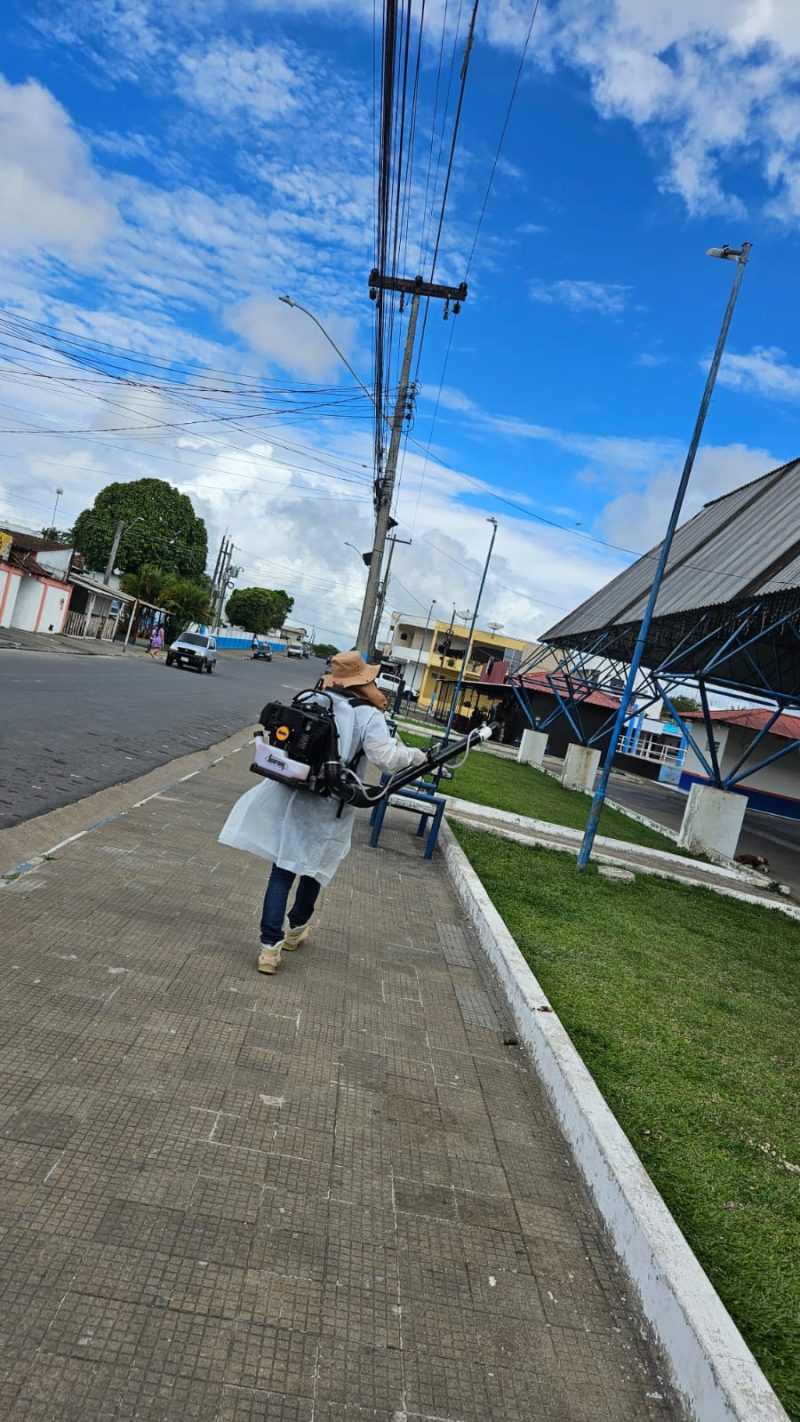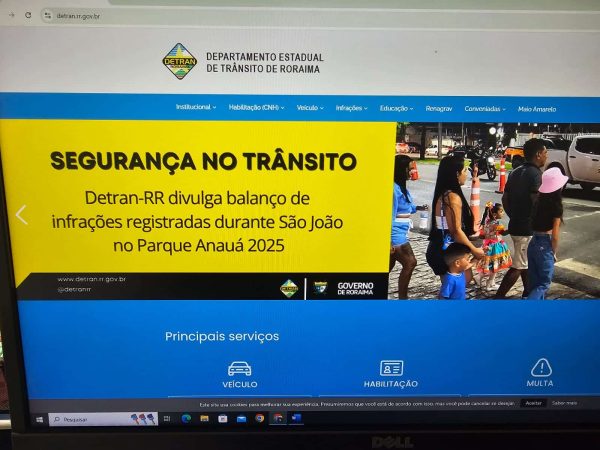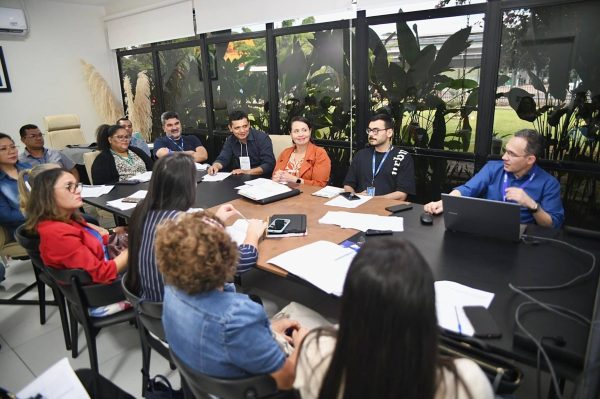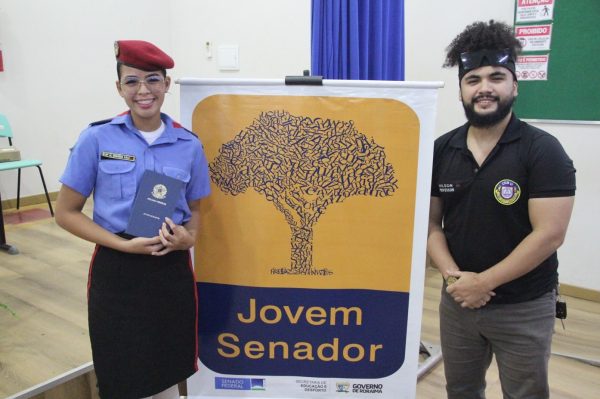In response to the alert scenario for dengue in Roraima, the Health Department carried out last week a new stage of the heavy UBV fumigation in the municipality of Pacaraima, on the border with Venezuela.
The emergency action is part of the vector control plan to eliminate breeding sites of the mosquito Aedes aegypti and interrupt the transmission chain of the disease. In addition to fumigation, the municipal team, in conjunction with CGVS (General Coordination of Health Surveillance), is intensifying health education activities, home visits, and elimination of breeding sites.
“During this period from April 28 to May 1, we conducted fumigation with the fumigation vehicle. In addition, home visits were intensified, and the population was given health education, raising awareness among the assistance network, basic units, and hospitals, so that at this moment, all health workers in the municipality are involved in the effective surveillance of suspected dengue cases,” said Rosângela Santos, manager of the Yellow Fever and Dengue Control Center of Sesau.
According to the CGVS monitoring panel, from January to May 2025, Roraima registered 825 suspected cases of dengue, with 176 considered probable. Concern is heightened by the climatic scenario of rain and heat, which favors the proliferation of the vector mosquito and increases the risk of epidemics in all municipalities.
“Due to the alert scenario, the Center has been intensifying all activities to control arboviruses, and at this moment, the most occurring is dengue, due to the death in Pacaraima. All activities, following the Ministry of Health protocol, are being carried out, and the State is now complementing this activity, which began with the elimination of breeding sites throughout the region around the case and across the municipality,” added Rosângela.
HOW TO PREVENT
To prevent new cases, the guidance is for the population to eliminate standing water deposits in their homes and seek immediate medical attention in case of high fever, intense abdominal pain, persistent vomiting, or bleeding.
“We hope that, with all these actions, the scenario will change. The State continues alongside the municipality, carrying out activities according to its responsibilities, performing routine tasks and interesting activities,” emphasized the manager.
REMEMBER THE CASE
Two weeks ago, Roraima confirmed the first death from dengue this year, involving a 48-year-old woman, a temporary resident of Pacaraima. The female patient, without a history of comorbidities, presented symptoms on April 9, such as headache, fever, and body aches. As the condition worsened, intense joint pain, abdominal pain, vomiting, and diarrhea appeared.
She sought medical attention in Pacaraima and, with the worsening of symptoms, was taken by her family to HGR (General Hospital of Roraima Rubens de Souza Bento), where she passed away on April 15.
Following the hospital notification, the Yellow Fever and Dengue Control Center initiated the investigation protocol, collecting clinical and home data, guiding actions to the municipality, and conducting laboratory analysis. The diagnosis was confirmed on April 23, with a reactive result for IgM serology, performed by Lacen (Central Laboratory of Public Health).
PROTECTED BORDERS
In parallel, Sesau participated on April 26 in the 2025 Cross-Border Vaccination Campaign, held in the municipality of Bonfim, on the border with Guiana. This action is part of the 23rd Vaccination Week in the Americas and received support from the Pan American Health Organization (PAHO), the Ministry of Health, and the Health Department of Guiana.
During the campaign, vaccines against HPV, COVID-19, and yellow fever were offered to the border population, reinforcing the history of public health cooperation between Brazil and Guiana. The initiative continues the actions of blockades and vaccination that began in 2022, including joint vector control and multi-vaccination efforts in Bonfim and Lethem.




